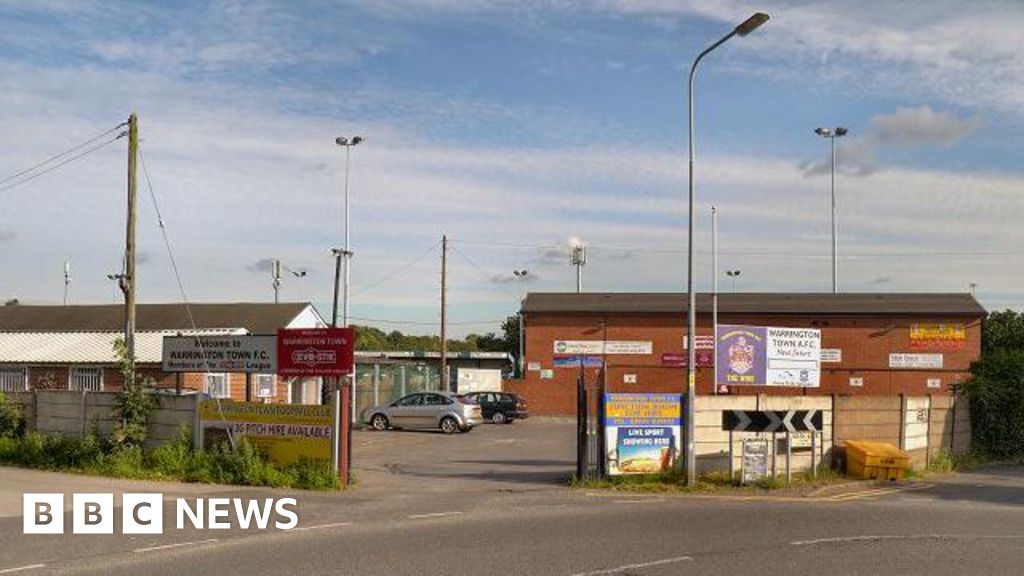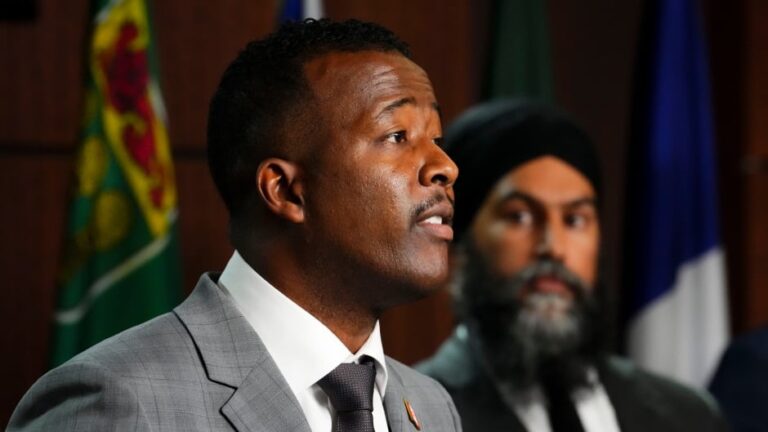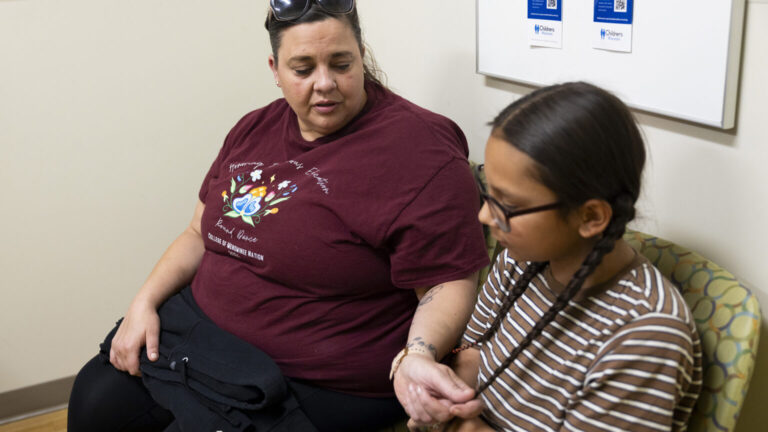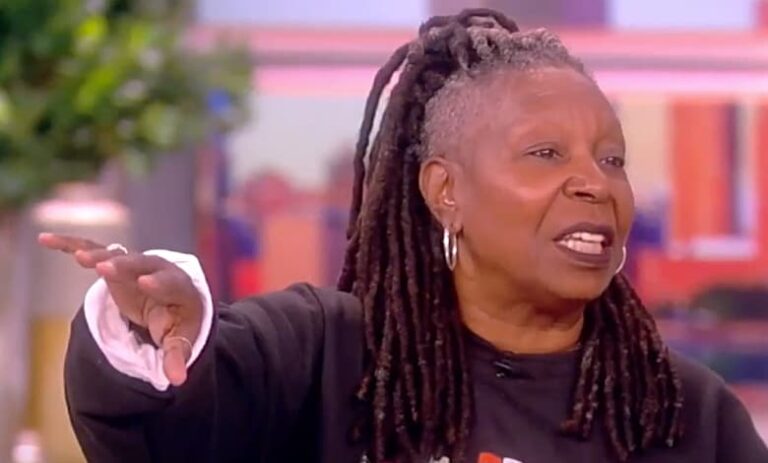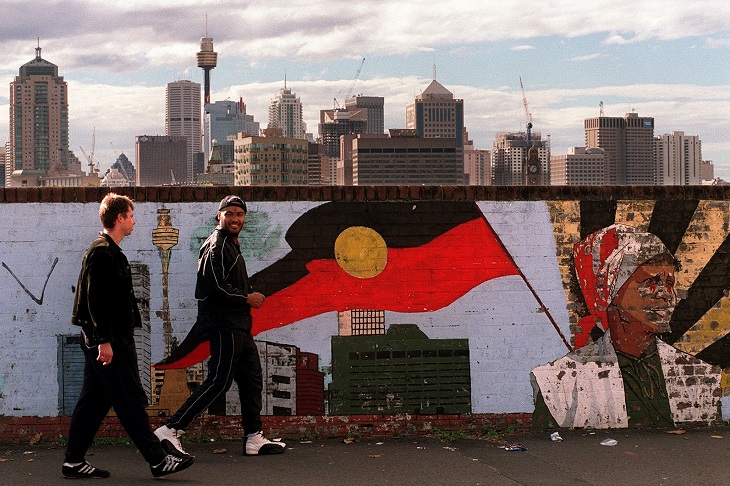Political Turmoil in Israel: Ongoing Protests and Tensions Rise
Unpacking the Political Turmoil in Israel: Protests and Rising Tensions
The political scene in Israel has erupted into chaos recently, with protests multiplying and tensions escalating. If you’re wondering what’s really going on, you’re in the right place. We’ll unravel the complex threads of this situation together. Let’s dive deep into the heart of Israel’s political upheaval, understand the ongoing protests, and explore why tensions are reaching new heights.
What’s Causing the Protests?
First off, it’s essential to zero in on what’s sparking these city-wide demonstrations. Recent government policies, particularly those initiated by Prime Minister Benjamin Netanyahu’s coalition, have provoked widespread concern. Many citizens believe these moves threaten the democratic fabric of Israel. But why are people so worked up?
Judicial Reforms and Reactions
In particular, the proposed judicial reforms have caught the public’s attention and ire. The government claimed these changes were necessary to balance power—arguing that the judiciary had too much clout. However, critics view this as a blatant attempt to weaken judicial independence. It’s almost like trying to pull a rug out from under a house of cards: one wrong move, and the entire structure can come crashing down.
The Urban Landscape of Protests
During weekends and weekdays alike, city streets transform into vibrant arenas of dissent. Clad in blue and white flags, thousands gather in squares, shouting slogans and raising placards. This is more than just a march; it’s a statement. People are standing up, saying, “We won’t sit back while our democracy is at stake!”
A Diverse Crowd
One striking feature of these protests is their diversity. You’ll find students, professionals, families, and retirees, all united under a common cause. This varied participation reflects how deeply these changes resonate across the societal fabric.
- Young folks are worried about their futures.
- Parents fear for their children’s educational prospects.
- Retirees fret about the stability of the nation they’ve cherished.
When a diverse group rallies for a single cause, it sends a powerful message: this isn’t just a minority speaking out; it’s a nation responding.
Backing the Protests: Who’s Behind Them?
Sure, the citizens’ frustrations are palpable, but let’s not overlook the political backdrop that’s sowing these seeds of discontent. Various organizations, both local and international, are expressing solidarity. Civil rights groups have been pivotal in organizing these protests, rallying people together in meetings and on social media.
The Role of Social Media
Speaking of social media, it has become an indispensable tool for organizing and mobilizing. Platforms like Twitter and Facebook allow citizens to share their experiences and spread the word about protests. Think of it as a modern-day town crier—just a few tweets can summon hundreds to gather in solidarity.
Are There Other Factors at Play?
While judicial reforms are front and center, they’re not the sole catalyst for these protests. Israel’s complex social issues, from economic disparities to the handling of minority rights, are also bubbling beneath the surface.
Economic Discontent
Many citizens feel the pinch of rising costs, particularly housing affordability. Imagine trying to buy a house in a place where prices are skyrocketing—frustrating, right? This economic discontent amplifies the anger that’s directed at the government, making it easy for the public to connect numerous grievances to these protests.
Escalating Tensions: A Powder Keg Situation
Tensions are thick in the air, and it’s no wonder. The police have often responded to protests with force, and clashes have been reported. It can feel like a powder keg just waiting for a spark. The atmosphere is charged—people are frustrated, their voices are echoing through the streets, and the government seems unyielding.
What Does the Government Say?
In the face of this discontent, the Israeli government has often pledged commitment to implementing reforms for the public good. However, the general sentiment remains skeptical. Many feel that the government is ignoring the very people it’s supposed to represent. You know that feeling when someone makes promises but never delivers? Yeah, that’s how many Israelis feel right now.
The International Perspective
As this political turmoil unfolds, the international community is watching closely. Countries around the globe have commented on the crisis, some even urging the government to tread lightly. It’s like everyone is holding their breath, waiting to see how things will shake out. The potential ramifications of this crisis extend beyond Israel’s borders, affecting regional stability and international alliances.
Support and Criticism
Supporters of Netanyahu may argue that his government is being unjustly criticized. But on the flip side, critics view the ongoing situation as a stark reminder of democratic values’ vulnerability. It’s the age-old question: how do you balance power without tipping the scales too far in one direction?
What’s Next? The Uncertain Path Forward
As the protests continue, no one can accurately predict what will happen next. Will the government back down and reconsider its reforms, or will the unrest deepen? History often has a way of repeating itself, and at this juncture, you can’t help but feel the weight of that saying. Each move can lead to unexpected outcomes.
The Youth and Future of Civic Engagement
One thing is clear: the role of the youth in this movement is monumental. Engaging younger generations in civic discourse is crucial for a vibrant democracy. They’re not just passive observers; they’re actively shaping the conversation.
Conclusion
To sum it up, the political turmoil in Israel is a multifaceted issue marked by widespread protests and rising tensions. With citizens frustrated over judicial reforms, economic disparity, and governmental accountability, the stage is set for an ongoing struggle for democracy. Only time will tell how this story unfolds, but one thing is for sure: the voices of the people cannot be ignored, and change is inevitable when citizens rise together.
FAQs
Q1: Why are people protesting in Israel?
A1: The protests are largely fueled by proposed judicial reforms perceived as threats to democracy, alongside broader issues like economic inequality and minority rights.
Q2: Who is participating in the protests?
A2: The protests involve a diverse crowd, including students, professionals, families, and civil rights activists, all advocating for democratic integrity.
Q3: How are the protests being organized?
A3: Social media plays a pivotal role in organizing and mobilizing people, allowing for quick communication and coordination of events.
Q4: What has been the government’s response to the protests?
A4: The Israeli government has committed to reforms but has faced immense criticism for ignoring public sentiment and responding to protests with force.
Q5: What factors contribute to the rising tensions in Israel?
A5: Apart from judicial reforms, economic hardship and social issues, coupled with police response to protests, have all contributed to the escalating tensions in the country.

